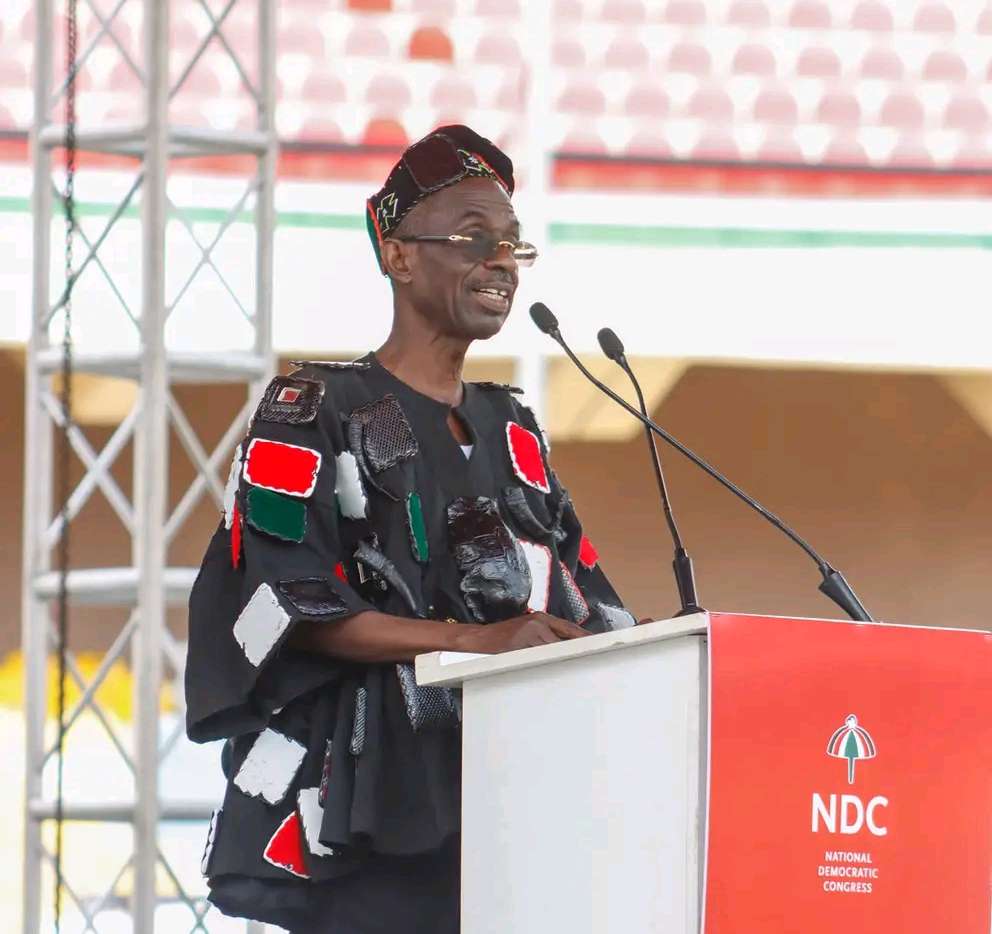In a rare interview, CNN’s Ben Wedeman questioned senior Hamas official Osama Hamdan in Beirut, Lebanon. The interview comes amid increasingly distant hopes of reaching a ceasefire agreement between Hamas and Israel.
Hamas spokesperson and political bureau member Osama Hamdan offered an insight into the militant group’s position on the stalled ceasefire talks, a view on whether Hamas regrets its decision to attack Israel given the mounting Palestinian death toll, and a commentary on the leak earlier this week of messages from its chief in Gaza, Yahya Sinwar, the man believed to be the ultimate decision-maker on any peace deal.
The US believes that Hamas holds the key to the talks. “The haggling has to stop,” US Secretary of State Antony Blinken told NBC on Thursday, urging Sinwar to end the war. “He’s relatively safe underground; the people that he purports to represent, they’re suffering every day.”
Speaking to CNN in the Lebanese capital Beirut, Hamdan said the latest proposal on the table – an Israeli plan that was first publicly announced by US President Joe Biden late last month – did not meet the group’s demands for an end to the war.
Hamdan told CNN that Hamas needed “a clear position from Israel to accept the ceasefire, a complete withdrawal from Gaza, and let the Palestinians to determine their future by themselves, the reconstruction, the (lifting) of the siege … and we are ready to talk about a fair deal about the prisoners exchange.”
Negotiations over the US-backed proposal have intensified in recent days but appeared to grind to a halt on Wednesday after Hamas presented its response to the document, 12 days after first receiving it.
Blinken expressed frustration over what he said was Hamas’s decision to submit “numerous changes,” describing some of them as going “beyond positions (Hamas) had previously taken.”
“Some of the changes are workable. Some are not,” Blinken said at a news conference in Doha on Wednesday.
The US-backed ceasefire plan that was approved by the United Nations Security Council on Monday lays out a phased approach. In the first phase, there would be a six-week ceasefire in which some hostages would be exchanged for Palestinian prisoners and the Israeli military would pull out of populated areas in Gaza. The second phase – a permanent end to the war and full Israeli withdrawal from Gaza – would only be implemented after further negotiations between the two sides.
But Hamdan told CNN the duration of the ceasefire was a key issue for Hamas, which is concerned that Israel has no intention of following through with the second phase of the deal. The end of hostilities must be permanent, he said, and Israel must withdraw from Gaza completely.
“The Israelis want the ceasefire only for six weeks and then they want to go back to the fight, which I think the Americans, till now, they did not convince the Israelis to accept (a permanent ceasefire),” he said, adding that he believes the US needs to convince Israel to accept a permanent ceasefire as part of the deal.
Israel has not yet publicly committed to the deal, even though the White House has repeatedly stressed that it was an Israeli plan that the government had accepted. Prime Minister Benjamin Netanyahu, who has been under pressure to announce his support for the current plan, has repeatedly said that the war will not end until Israel eliminates Hamas.
Blinken told NBC that Netanyahu “reconfirmed” to him “that Israel supported this proposal and was ready to say yes” when he saw him couple of days ago, and placed the blame for stalled negotiations squarely on Hamas.
“Hamas has to demonstrate that it too wants this to end. If it does, we can bring it to an end. If it doesn’t, then it means that it wants the war to continue,” Blinken said.
Question of responsibility
Speaking to CNN inside a modest office decorated with a large map of Gaza and panoramic photo of the Dome of the Rock in Jerusalem, Hamdan repeatedly deflected any questions about Hamas’ role in the suffering of Palestinians in Gaza. He called the October 7 terror attacks, which sparked the current war in Gaza, “a reaction against the occupation.”
The October 7 attack was the deadliest assault in Israel’s history. Hamas and other Palestinian armed groups killed more than 1,200 people, mostly civilians, and also took some 250 people hostage into Gaza.
Israel was quick to retaliate, immediately declaring war on Hamas and launching an intense campaign of bombardment followed by a ground invasion several weeks later.
That operation has had a devastating impact on the Palestinians of Gaza. More than 37,000 people have been killed, most of them women and children, according to the health ministry in the strip. Some 90% of people living in the territory are estimated to have been displaced by the fighting.
While the Gazan authorities do not distinguish between casualties among civilians and Hamas fighters, a spokesperson for the Israel Defense Forces (IDF) has previously admitted the majority of those killed in the operation were civilians.
Asked repeatedly by CNN whether Hamas regretted its decision to attack Israel, Hamdan responded by blaming the situation on Israel and saying the attack was “a reaction against the occupation.”
“The one who is in charge or responsible for that is (the Israeli) occupation. If you resist the occupation, (they) will kill you, if you did not resist the occupation, (they) also will kill you and deport you out of your country. So what we are supposed to do, just to wait?,” he said.
Hamdan also dismissed as fake reports that Sinwar suggested the deaths of thousands of Palestinians were “necessary sacrifices.”
Sinwar has not been seen in public since the October 7 attacks. He is believed to be hiding in Gaza, somewhere inside the tunnel network that runs underneath the strip. He has been designated as a terrorist by the US, the European Union, the United Kingdom and other countries.
Israel has repeatedly accused Hamas of using civilians in Gaza as human shields and earlier this week, the Wall Street Journal published what it said were leaked messages from Sinwar to other Hamas leaders in which he allegedly expressed an uncompromising determination to continue fighting, regardless of the human cost.
Hamdan told CNN the messages “were fake.”
“It was fake messages done by someone who is not Palestinian and (it) was sent (to the) Wall Street Journal as part of the pressure against Hamas and provoking the people against the leader,” he said without providing evidence. “No one can accept the killing of the Palestinians, of his own people.”
Source: CNN









































